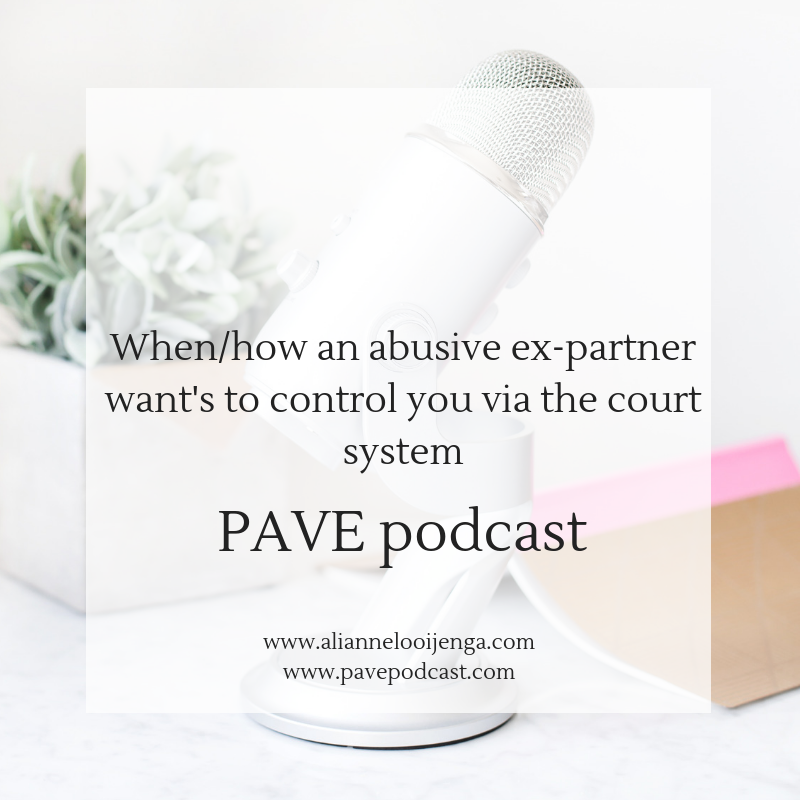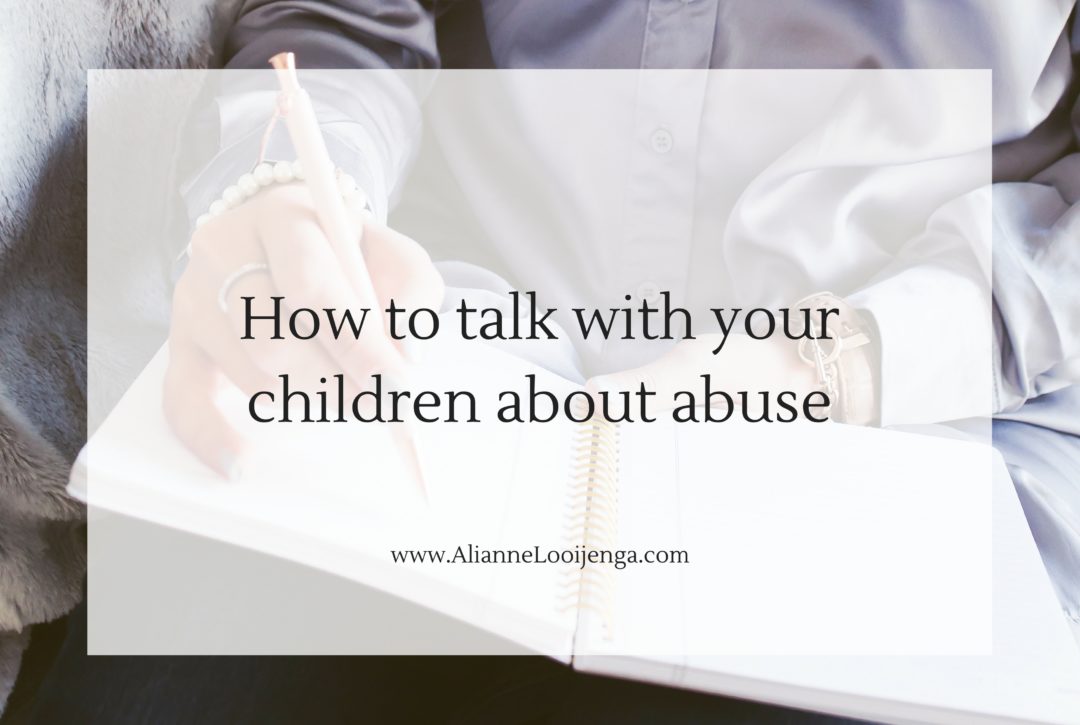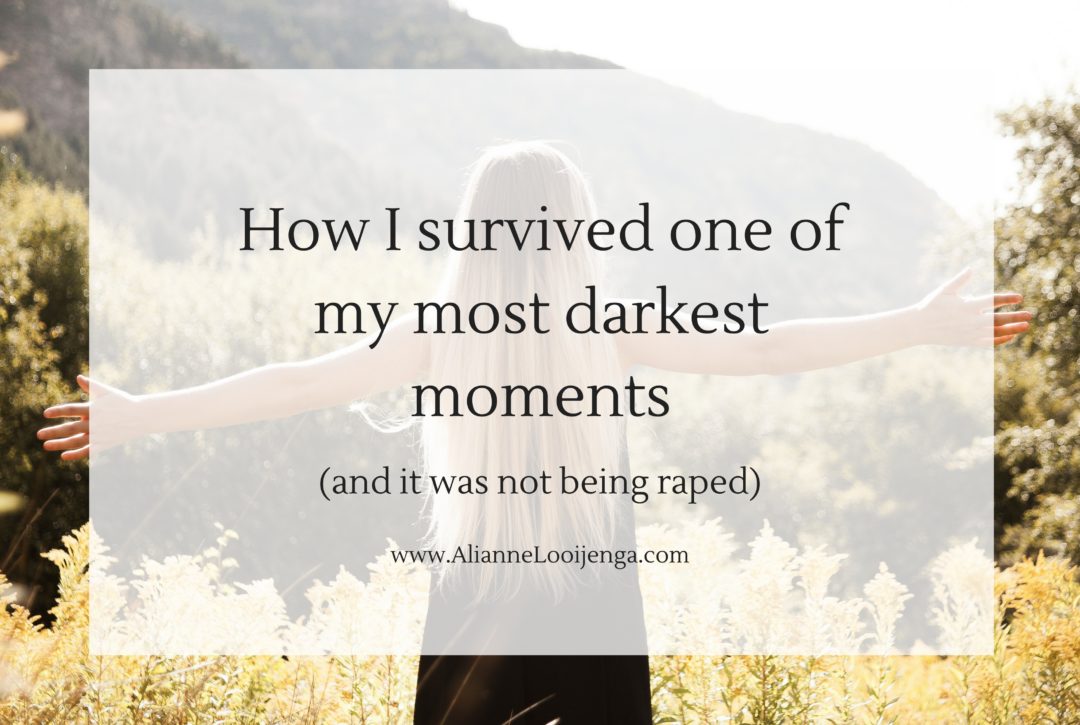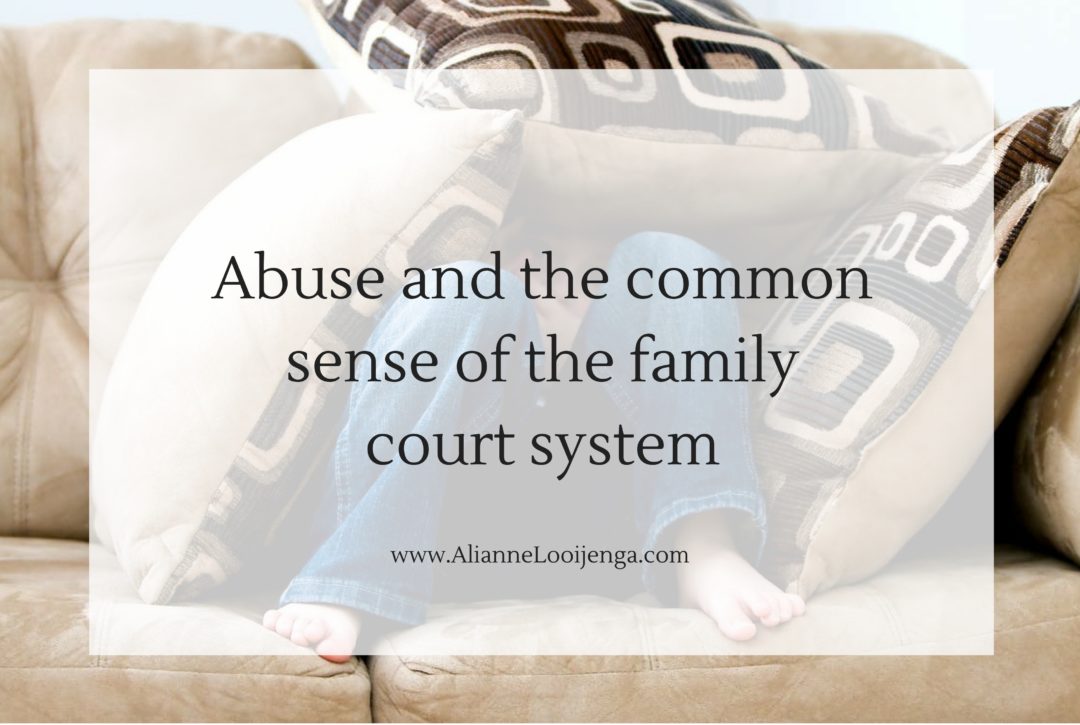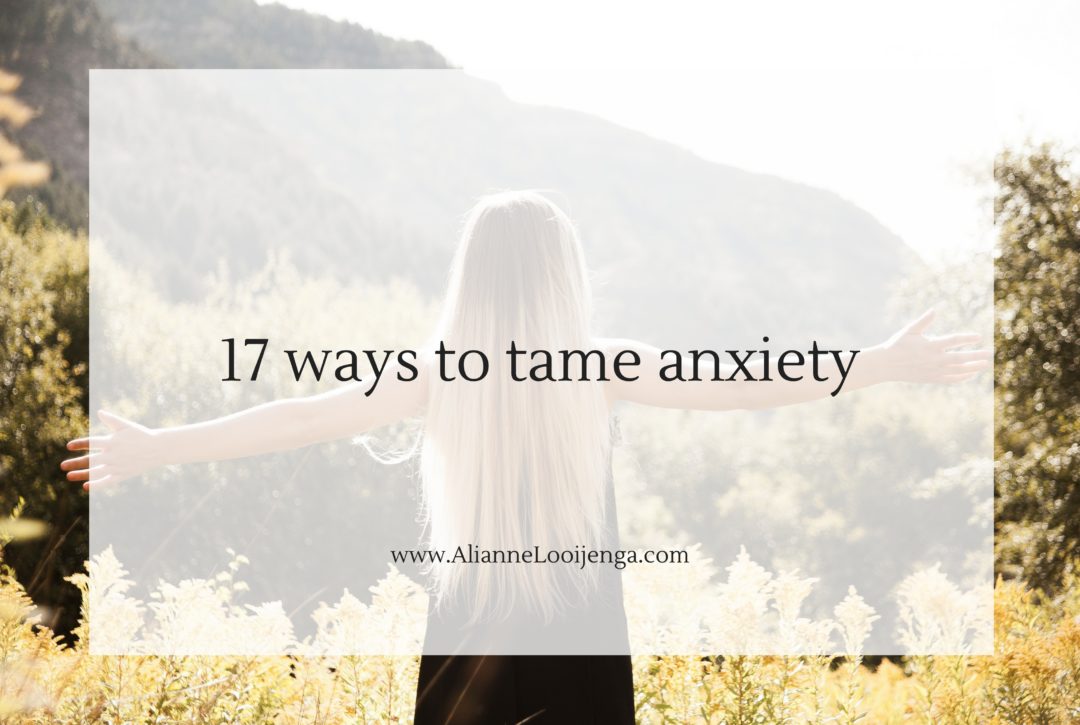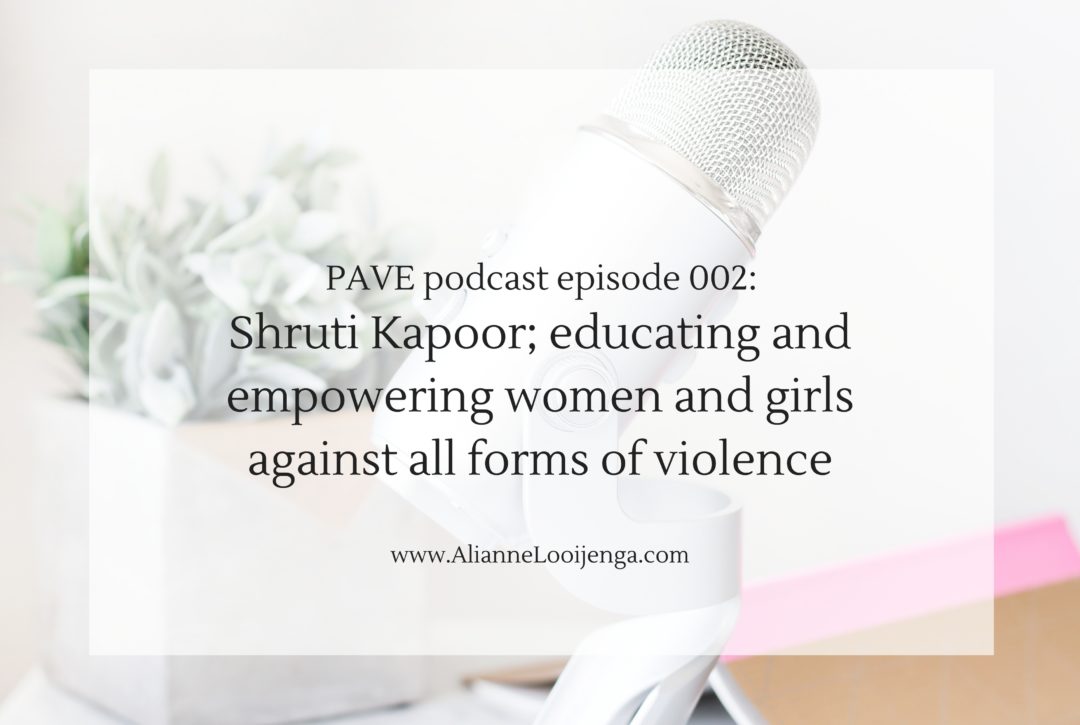I wrote some of my (more personal) blogs for the website lifesurfer.net in 2015/2016. This is one of these blogs. The organisations mentioned in this blog are no longer interfering with my family and I only have professional contact with them for when they ask me for advice regarding domestic violence.
The common sense of the family court system
Many abused women have faced injustice, heartbreak and fear when dealing with the family court system.
This article is addressing this international problem, but will mention Dutch organisations I have been involved with.
Dutch institutions and organisations and their abbreviations:
RVDK = raad van de kinderbescherming best translated as The Children and Family Court Advisory and Support Service which is set up to promote the welfare of children and families involved in family court.
AMK = The Advice and Reporting Centre was until the end of 2014 a Dutch organization that registered reports of suspected child abuse, gave advice and, and if necessary, took action to prevent further harm.
Jeugdzorg = Youth Care Agency is a Dutch care institution for youth with both voluntary and mandatory care assistance and guidance
Common sense
When I was 14 I started a relationship with my ex-partner, who was 21 at the time. The years that followed were characterized by emotional abuse, rape and financial abuse. During this time I felt as though my life was completely in his hands, as he made every decision. When I tried to escape, I found out I was pregnant, which was a complete surprise – a miracle, given my chronic disease. I decided to stay with him because I believed he would change for our children – I was having twins – and would seek help for his violent behavior, as he had promised me he would.
Because of the emotional abuse I suffered, my self-confidence was very low. I couldn’t imagine taking care of children by myself, and I didn’t want my children growing up in a broken home without a father. It turned out that this was wishful thinking, as during my pregnancy I was still abused, badly enough that my twins were born prematurely. Eventually we fled his house.
My stress increased every time I stood up to my ex-partner to protect my children from his abuse and after the social service wanted to receive child support for my children so they could withhold it from my allowance. Something for which I had never asked my ex-partner, by agreement.
Angry because he felt he was losing his power over me and because the social service wanted money from him, he wanted value for his money and threatened to call Youth Care and take my children from me.
Since then I have dealt with several youth care organisations and RVDK ( Children and Family Court Advisory and Support Service) employees.
Talking about child abuse and partner violence is taboo
What I noticed about these employees is that they did not dare approach the subject of child abuse. I don’t know if that’s because they don’t have enough funded scientific knowledge, are afraid of the extra work or just have a blind spot for this subject; regardless, the results are the same. In the past, people used to cite PAS (Parental Alienation Syndrome) as a reason to let children visit their father, nowadays employees and the media directly address a divorce battle.
It is overlooked that different motives exist when it comes to violence between partners and a messy divorce, with each being a completely different subject is not realized and therefore disregarded. An extreme example of this was when I made a statement to the police about child abuse and partner violence. It is a standard procedure for the police to alert the AMK (advice and child abuse reporting centre) when someone files for child abuse. When I was sitting at the desk of an AMK employee our report was literally pushed aside.
None of the employees of the RVDK, youth care or the AMK ever asked me why I hadn’t completely committed to the visitation rights but instead chose a less intense form of contact. None of the employees to whom I have spoken over the years has had specialised knowledge of the field of child abuse and partner violence. Everyone I have spoken to has acted out of dogmatic principles within Youth Care – that every child not only has the right to two biological parents but also that the absence of a parent always threatens the child’s psychological and emotional development.
An employee at the youth centre we had to visit had such a romantic view about the “always apparent and unbreakable bond between child and biological parent” that he approved of a case in which a child was forced to visit a parent in prison. This parent had tried to kill the child and had actually killed the child’s mother and little brother in front of the child’s eyes.
Acting out of gut feelings
None of the employees I talked to acted out of well-funded scientific substantiation, knowledge or research. Rather, they acted out of dogmatic principles like they exist within youth care, the AMK and the RVDK. These agencies suffer from tunnel vision; they assume that it is always bad for the development of a child if he or she has no contact with the biological father.
Of course, a bond between a father and an child is an important factor that should be considered when determining visitation rights but there already must be a bond and such a bond between child and father should have been developed long before the divorce (Source: Stichting Zijweg (2008) Uit het veld geslagen. Knelpunten na partnergeweld). This was, and isn’t, the case with my children. My ex left the house where we more or less lived in together when the children just became one year old when he abused me severely.
Earlier in the relationship he had been home only during the weekends because of his work, but after the children were born he was almost never at home even then. If he was home he didn’t interfere with the children at all. He never took care of them and when I left him and he forced his way into my house and a few times randomly showed up and demanded to take the kids (a request I initially didn’t dare refuse out of fear of him) he would bring the kids after an hour to my mother’s house because he didn’t know what to do with them. The children really met him for the first time when they were three-and-a-half years old. At that point, they didn’t have any memories of him. Thankfully, because it meant they didn’t remember the abuse.
Common sense
What I’ve missed in my contacts with Youth Care, the council and the court is the use of common sense. According to the prevailing dogma within Youth Care and the RvdK, contact with the father is more important than investigating whether the child’s physical and mental well being will benefit from contact with an abuser. Whether contact with this biological parent is in the child’s best interest. The risks of child abuse are greatly underestimated. Youth Care and the RvdK act as though once a divorce is agreed upon, the children and mother are no longer in danger because no family situation exists anymore.
However, it is generally known that violence often continues after a relationship ends. For example, the father uses the children as pawns, engages in emotional and physical abuse, maintains control over the mother via the children, files frivolous lawsuits, does not fully pay alimony or pays it late, blames the victim or threatens the mother. None of this is taken into account, a situation that results in the continued abuse of children and mothers by ex-partners.
A deal is sought without taking history into account and without adequately examining the statements and behavior of the father during his conversations with care workers. The children are delivered to him like packages – without consideration for how safe the situation actually is and under the motto that they never can be sure who speaks the truth nothing is done with the history of abuse and the earlier child abuse.It is literally pushed aside.Nobody asks about it. Nobody asks what the father’s plans are regarding parenting techniques when he yells in court that he wants to be in touch with his children, but then doesn’t show any initiative or attempt to contact them. The only thing that matters and what contains the value is the fact that he partially created the children and the blind dogma says that contact with a parent is always good for a child.
PAS is applied but disguised
No consideration of safety risks is made because one of the dogmas of Youth Care is that a child is harmed when he or she isn’t in contact with the biological father. Youth Care still regularly refers to the principles of parental alienation, which is caused by false information to the child by the custodial parent. This is despite the fact that PAS has been refuted by well-funded scientific research. The myth is still used in practice, and mothers who don’t fully agree to contact with the father during the intake of Youth Care are immediately labeled liars who are acting out of grudges and resentment stemming from the divorce.
Coercion and threats cause damage
In my contact with Youth Care and the RvdK, I’ve encountered significant coercion, in particular by two employees of Youth Care, the employees of the centre, the court and my ex. I had to cooperate and had to do what they wanted otherwise, the children would be removed from my home, the children and I would be placed under supervision by a guardian, the children would have to live with their father, I would have to pay penalties or I would even be held hostage. The OTS (under the supervision of Youth Care by means of a family guardian) and the penalties are actually imposed. My ex is able to demand 15.000 euro at any moment now and make our lives miserable – a situation hanging above our heads like the Sword of Damocles. It’s a powerful weapon of which he reminds me regularly and, just like in the relationship, when money was the weapon, it apparently gives him pleasure and a sense of power.
I didn’t feel understood by any of the employees. I didn’t feel as though they maintained essential knowledge of child abuse or partner violence or that they considered children in their decision-making process. Today, my children and I are still working through the damage that has been inflicted upon us by the visitation rights that were established when they were three-and-a-half to four years old and the events in the youth care centre when they were seven. The pressure under which I found myself triggered symptoms of PTSS. Together, we have had some rough years.
Common sense
Back to common sense. Since when is the right of the father (especially a father who is only a father in the biological sense, having begotten the children) more important than the right of the child to grow up in a safe environment? When are facts not considered and common sense not used to determine what really happened any more? Since when are no conversations had with children and their mothers about why they are scared? Why aren’t fears investigated? Why, when the mother doesn’t let her children go to an abuser, is she threatened with fines and the loss of her authority, with being forced to let her children live with a parent they don’t know and with whom their safety can’t be guaranteed? Where is the common sense that says we must investigate what’s really going on before we coerce contact with all the instruments of power we have?
The child as a percentage in statistics
When I asked a male employee in the youth care centre in Leeuwarden how the centre was going to ensure that my children would be safe emotionally and physically with my ex-partner, the employee just shrugged and said, “We can’t rule out the possibility of something happening with them if they’re with him”. I reminded him that one can’t gamble with the lives and welfare of children. Their emotional and physical well being isn’t something that can be put at stake so that the rights of the begetter can be maintained or from a dogmatic principle nor can one put blindfolds on and maintain a tunnel vision, saying that contact with the father is always in the best interest of the child. After all research shows that at least one child per week dies by child abuse, and with the attitude of Youth Care, that isn’t surprising.
Living in uncertainty
I know that this week when the family guardian wishes us a nice Christmas and a happy New Year, she ends her working day and goes home while we stay behind living in uncertainty and concern about what Youth Care is planning now that my children are doing a lot better upon the total absence of their biological father and family guardians.
This is because I have done everything in my power, despite the destructive influence that Youth Care has had on my children, to give them confidence and the sense that they are safe. I am the one that sought adequate professional help for them even though their biological father and employees of youth care frustrated my attempts to do so.
Now we must wait on what Youth Care is planning to do with my children. Even though their father has shown no interest in them and has made no initiative to contact them, the schools, or anyone else involved in their lives, Youth Care continues to believe that contact is possible and would be in the children’s best interest (False! as the children are doing much better now that they don’t have any contact with him and now that they are processing the trauma that the youth care centre caused them) . This is despite the fact that the children’s psychologist indicated that youth care should stop putting pressure on the children to have contact with their biological father, with whom they never bonded.
If Youth Care would forget its dogma’s, they would see that a partner abuser exhibits different parenting behaviour and maintains different motives than “normal” parents do. No term like PAS or divorce battle can change such parenting behavior. This can happen only when it is acknowledged that a divorce battle and a divorce following partner violence are completely different, non-comparable issues that ask for separate and different approaches.
This means more work for investigators, family guardians and employees of Youth Care, as well as more effort from judges. It means daring to enter a conversation with the victims of domestic violence and with the abuser himself, sincerely listening to children and, for every individual case investigating what the family needs with respect to rest, safety and stability. Having an open mind towards the family and considering every fact when making a decision. It means seeing the key players as individuals instead of placing them into the category of “a divorce battle” and not simply going along with the opinions of colleagues who have never seen the children. It means, as a family guardian, following one’s own observations and adhering to research.
More information about guest lectures and workshops:
For guest lectures or advice about complex issues regarding partner abuse, sexual abuse or child abuse and for which specialised knowledge is necessary, I’m available via alianne@aliannelooijenga.com. In your email, tell me about your organisation and what you would like me to do. I will contact you to discuss how I can be of help.
Collaboration and sponsorships:
I am open for collaboration and sponsorships. Just shoot me an email via alianne@aliannelooijenga.com so we can talk further.
